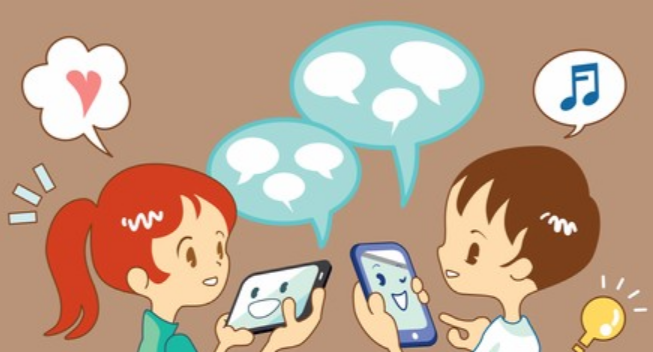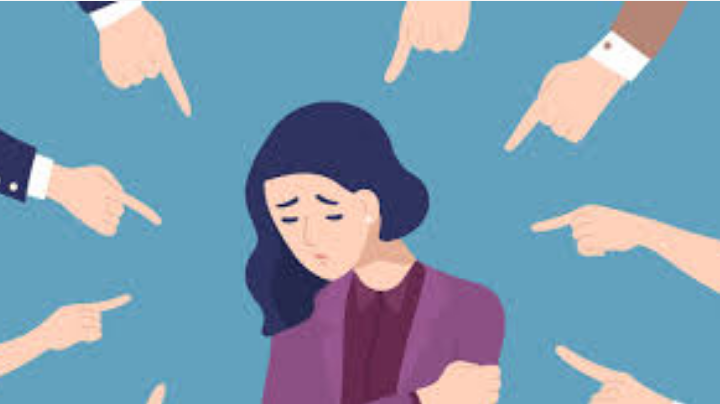The Effects of Social Media on Children and Teens: Benefits and Risks
The majority of us have social media accounts and can often spend hours scrolling through our favorite social media platforms. Social media can be a great way to stay connected with friends and family, and it can also help us to make new friends. Despite these benefits, spending excessive amounts of time on social media can have negative consequences. Children and adolescents are particularly at risk because their brains are still developing, and these consequences can harm their development. Now, this is not to say that children and teenagers should avoid using social media altogether; caregivers need to set usage limits, as well as be informed about the benefits and risks of their children using social media, which this post will talk about.
Positive Impacts:
It allows children and teenagers to connect with friends and family, as well as form new friendships through shared interests.
They can connect with support groups and communities that share their experiences. These groups can help provide support and encouragement that they may not be able to find elsewhere. Groups such as grief or disability support groups can connect them with individuals who share similar experiences, which can help them feel less alone.
Social media acts as a conduit for children and adolescents to express their creativity (sharing photos, creating posts, etc.) and what they are feeling.
It can also help provide information and resources for a wide variety of topics such as healthcare, tutorials, recipes, etc.
Social media can also help raise awareness about a variety of campaigns regarding mental health, politics, and other topics, allowing campaigners to reach a larger audience.
Negative Impacts:
Social media often portrays unrealistic expectations, especially of people's lives and bodies. Children and teens often compare themselves to what they see on social media; this can make them feel inadequate and damage their self-esteem.
Unfortunately, people online (and offline) are not always kind, putting children and teenagers at risk for cyberbullying and harassment. Posts may receive negative comments, which can affect their self-worth.
The constant notifications and information can cause stress and anxiety. The amount of information and constant notifications can be overwhelming; some individuals feel as if they need to respond to notifications and updates the moment they receive them, which can be extremely stressful. It is common to discover that online information can be constantly contradictory, leading to confusion; this can cause stress and anxiety because it can be difficult to decide what to believe.
Social media can often be a source of negative content such as violence, disasters, false information, and hate speech. This can lead to feelings of stress, anxiety, as well as decreased self-esteem.
Scrolling through social media before bed can disrupt sleep, which can impact one's mood and mental health.
At the end of the day, social media isn’t inherently “good” or “bad”—it’s a tool. What matters most is how we use it and how it impacts the mental and emotional well-being of the young people in our lives. With a little awareness, intentional limits, and ongoing conversations, caregivers can help kids build healthier digital habits and develop the confidence to navigate online spaces safely. The goal isn’t to create fear—it’s to create balance, connection, and a sense of empowerment. When children learn to use social media mindfully, it becomes something that supports their growth, not something that takes away from it.
References:
The Role of Online Social Support In Mental Health; National Library of Medicine
The Impact of Social Media on Mental Health; LifeCare Hospitals
The Impact of Social Media on Mental Health; Brain and Behavior Research Foundation
Social Media Effects on Mental Health; Total Life Counseling
Life-style Changes that Affect our Teen's Mental Health; Blue's Program




